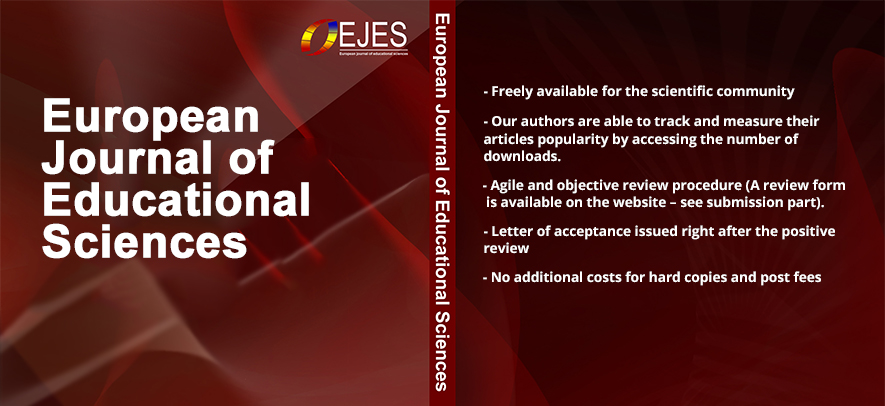The Key Extrinsic Motivational Factors to Boost Undergraduate Students' Academic Performance and Achievement at a Private Higher Education Institution in Southern Lebanon
The Key Extrinsic Motivational Factors to Boost Undergraduate Students' Academic Performance and Achievement at a Private Higher Education Institution in Southern Lebanon
Author(s): Sahar Hussein Abboud AlamehSubject(s): Higher Education
Published by: European Scientific Institute
Keywords: Undergraduate academic performance and achievement; extrinsic motivational factors;
Summary/Abstract: This study was designed to investigate the major extrinsic motivational factors affecting the academic performance and achievement of <blinded for peer review> undergraduate students in Saida Campus. Emphasis was to establish the effect of undergraduate academic under- preparedness, the match between undergraduate learning style and instructors’ teaching style, and instructors’ teaching methods and personal qualities, and classroom management techniques on undergraduate motivation and consequently on their academic performance. The validity and reliability of research instruments were established through SAS (Student assessment Survey). Data was collected from 300 respondents selected from all the faculties at <blinded for peer review> using the simple random sampling method. To analyze the data, the Chi-square was used and findings revealed the existence of a significant relationship between the various hypothesized variables and students’ motivation and academic performance and achievement. It was found that classes at <blinded for peer review> consist of diverse students who favor the kinesthetic, read/write, and visual modes of learning and prefer the conceptualization and association learning strategies in dealing with their college curriculum. Another interesting result is that most students are highly motivated by instructors who are primarily supportive and respectful towards students and use both multimedia tools and a variety of activities in their classrooms. These results can facilitate the procedure of filling in the gap between the instructors’ teaching styles and the students’ preferable learning strategies and modes of learning. So, educational staff and stakeholders are responsible to manufacture more motivational strategies which can spur students’ intrinsic or extrinsic motivation.
Journal: European Journal of Educational Sciences
- Issue Year: 7/2020
- Issue No: 2
- Page Range: 136-165
- Page Count: 30
- Language: English

